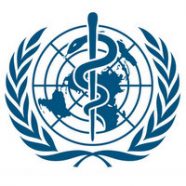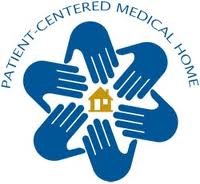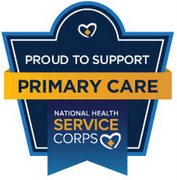Marijuana abuse
People Who Live in states with legalized medical marijuana are more likely to use and abuse marijuana, study suggests. USA Today (4/26, Hughes) reports people who live in states that have “legalized medical marijuana are more likely to use and abuse cannabis than people” who live in states that have not legalized medical marijuana, according to a study published online April 26 in JAMA Psychiatry. Researchers found that the number of people using marijuana “without a doctor’s note” as well as the number of people with a marijuana use disorder both increased in states with legalized medical...
Read MoreTaking your medications?
Nonadherence To Prescribed Medications Is An “Epidemic” In The US. The New York Times (4/17, Brody, Subscription Publication) reports, “Nonadherence to prescribed medications” is “an out-of-control epidemic in the” US “that costs more and affects more people than any disease Americans currently worry about.” The article suggests that nonadherence “explains why so many patients don’t get better, suffer surprising relapses or even die when they are given drug prescriptions that should keep their disorders under control,” cites research on how widespread the problem is, and also outlines why...
Read MoreICD-10 afflictions
The World Health Organization has a wonderful website where all 68,000 of the ICD-10 codes we’re now using to classify and bill for the various conditions we treat are categorized and enumerated. First a little about symbolism The WHO logo at left contains an international symbol of medical care also used by the American Medical Association, a serpent lifted up on a pole, that some believe was derived the mythological figure of Asclepius, a supposed half-deity dating to about 1200 BC who was associated with healing and medicine. However, those of us in the Judeo-Christian tradition...
Read MoreE-Cigarettes
The good news is that the smoking rate among New York’s high school students declined to a historic low of 4.3 percent in 2016. The bad news is that during the last two years, the use of e-cigarettes among youth nearly doubled from 10.5 percent in 2014 to 20.6 percent in 2016. Many young people are lured by the intentionally sweet flavors and the mistaken belief that e-cigarettes are safe to use. But e-cigarettes are not safe. Both cigarettes and e-cigarettes contain nicotine, which is highly addictive and can cause permanent changes in young, developing brains. In addition, although...
Read More‘Frequent fliers’
Risk and cost are high ROCHESTER — Someone needing a Band Aid or a soda out of a fridge: They sound like jokes, but they are just a few examples EMS workers told News10NBC about non-emergency calls they have to respond to every day. Those people who call 911 for non-emergencies, time after time, are often called “frequent fliers.” “Non-emergency calls, it depends on the day, but it sometimes outweighs the emergency calls,” said Chief Matt Comer, Greece Volunteer Ambulance. And those calls can mean that when there is a true emergency, ambulances could have to come from...
Read MoreMyths about Cohabitation
New Study Disproves Three We’re currently in the midst of National Marriage Week (Feb. 7-14), a yearly celebration that recognizes the importance of this most basic human institution. We’re also living in an age where cohabitation rates are increasing, in part because our culture increasingly doesn’t value the importance of God’s sacred and foundational gift to men and women. Too many couples simply don’t see the value in getting married. To them, “marriage is just a piece of paper.” From their vantage point, marriage doesn’t bring any added benefits as long as they’re “secure” in their...
Read More









